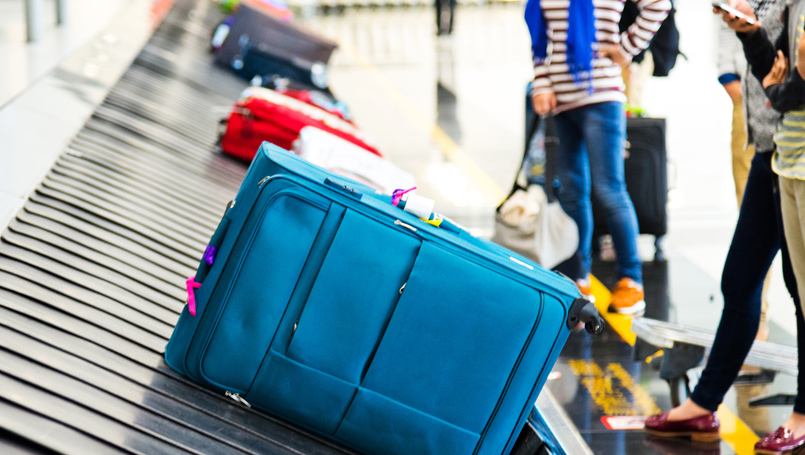Thursday, August 16, 2018

Traveling in certain less-developed countries can bring health complications as unwanted passengers. And sometimes, those complications don’t become clear until after you’ve come home.
Jet lag
Though it’s not a serious condition, you are likely to suffer from jet lag if you’ve traveled across many time zones, and especially if you’ve traveled from the western hemisphere to the eastern hemisphere.
Some people do well using melatonin for a few days before and after travel. Spending time in the sun, eating meals at the proper local time and taking short naps when you’re tired so you can still sleep at night are all good ways to help reset your body’s circadian rhythms.
Travel diarrhea
The most common travel-related illness is also perhaps the least pleasant: diarrhea, usually tied to bacteria that contaminates food or water, or both. The key here is preventing it in the first place, says Christopher Carpenter, M.D., head of the section of infectious disease and international medicine at Beaumont Hospital, Royal Oak.
Carpenter cites the maxim, “boil it, cook it, peel it or forget it” in approaching food in countries in Asia, Africa, Central and South America, and the Middle East. The Centers for Disease Control and Prevention advises that you should eat only food that is cooked and served hot, raw fruit and vegetables only if you’ve washed them in clean water or peeled them, and drink beverages from factory-sealed containers.
If it does develop, most travel medicine clinics can provide antibiotics in cases of viral infections. If your diarrhea doesn’t develop until after you’ve returned home, contact your doctor, or a travel medicine clinic, either of which can refer you to an infectious disease specialist.
Insect-borne diseases
Skin or soft-tissue infections may be unusual because of where and how you were exposed, Dr. Carpenter says. Insect bites in many tropical and sub-tropical countries may transmit diseases we don’t have in the U.S.
Malaise, fevers and body aches could all be a sign of mosquito-borne infections like dengue, malaria, Zika or chikungunya virus. All three are fairly non-specific in their presentations, Dr. Carpenter says, but if you get ill within a few days of coming home, see your primary care physician, who will likely refer you to a specialist.
If you’re traveling to Brazil, you may need to worry about yellow fever, which manifests itself via body aches and fevers, and can develop into serious and potentially fatal liver problems and blood disorders if not properly treated. It’s preventable with an immunization, but Carpenter says manufacturing issues have meant the vaccine has suffered from limited availability, so check with your local travel medicine clinic.
Immunizations
As always with long international trips, prevention is key. Dr. Carpenter says there are good vaccines available for typhoid and hepatitis A, a liver infection, with the latter being a good idea even for people who don’t travel internationally.
It’s also a good idea to stay current on routine vaccinations like influenza, tetanus and pneumococcal disease.
